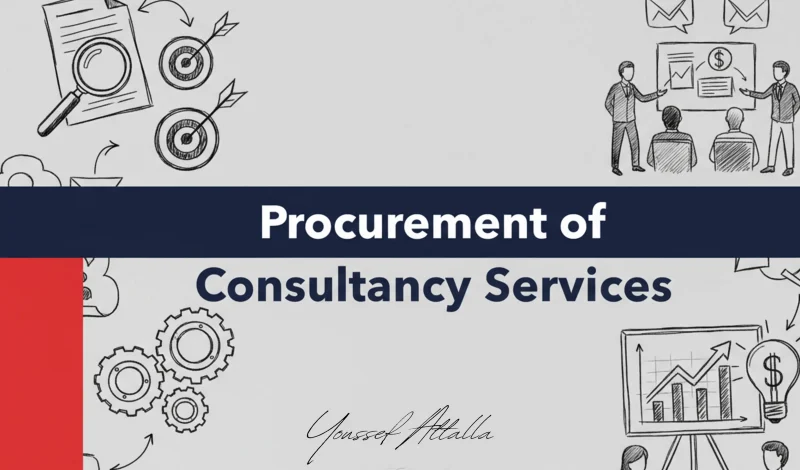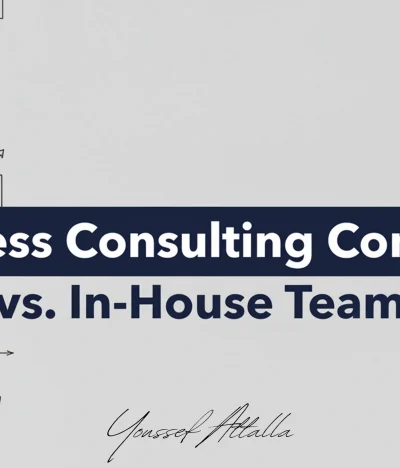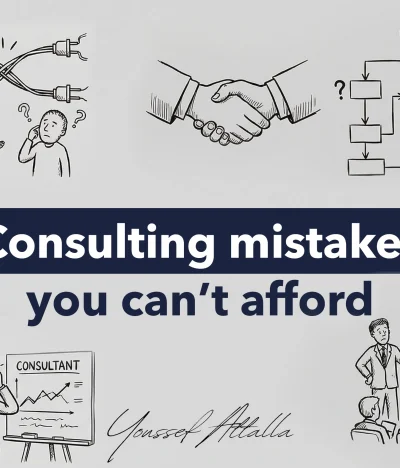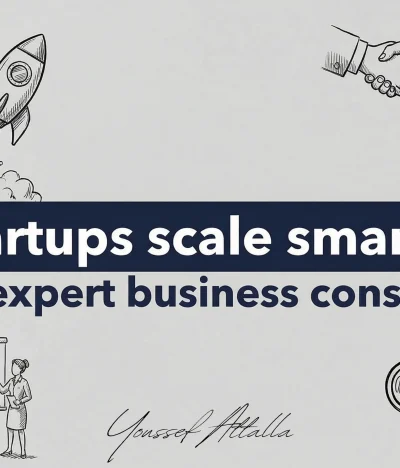In today’s competitive business landscape, the procurement of consultancy services has become a crucial process for organizations seeking efficiency, innovation, and sustainable growth.
Whether your company needs strategic insights, operational improvements, or digital transformation, hiring the right consultant can make a lasting impact.
This guide explains everything you need to know about how businesses can effectively procure and manage consultancy partnerships, ensuring value-driven results.
Understanding the Procurement of Consultancy Services
The procurement of consultancy services refers to the systematic process through which an organization identifies, evaluates, and engages consulting firms or individual experts to achieve specific business goals.
Unlike standard purchasing activities, consultancy procurement requires careful consideration of expertise, trust, and strategic alignment.
Consultants play a pivotal role in addressing complex challenges, from financial restructuring to digital transformation, offering tailored solutions that internal teams may not have the capacity or objectivity to deliver.
Why the Procurement Process Matters
An efficient procurement process ensures that your organization doesn’t just hire a consultant but secures the right one. Properly managed procurement helps:
- Ensure transparency and fairness in selection.
- Align consulting services with your strategic goals.
- Optimize cost while maintaining quality.
- Reduce risks associated with contract and performance management.
In essence, a structured approach for procurement management to the procurement of consultancy services maximizes both the ROI and long-term benefits of the engagement.
Business Transformation Consulting Services: The Key to Modern Growth
The Rising Need for Transformation
Modern companies face continuous change, from technological disruptions to evolving customer expectations. This is where business consulting services come into play. These consultants help organizations redefine their strategy, operations, and culture to remain competitive and relevant.
When integrated into the procurement of consultancy services, business transformation consultants and competitive analysis help organizations:
- Analyze current performance gaps.
- Design digital and operational transformation strategies.
- Implement new technologies and workflows.
- Measure and sustain long-term change.
Choosing the Right Partner for Transformation
Selecting a partner for business transformation consulting services isn’t just about credentials. It’s about alignment, ensuring the consultant understands your business’s unique ecosystem. The procurement process should involve:
- Clear objective definition: Outline transformation goals and success metrics.
- Transparent evaluation: Assess expertise, methodologies, and case studies.
- Collaborative planning: Create an actionable roadmap that supports measurable outcomes.
When properly executed, this alignment allows the consultant to act as an extension of your business driving real, transformative change.
Building a Solid Contract for Consulting Services
The Role of a Clear Contract
A well-drafted consulting company in egypt is the foundation of a successful consultancy engagement. It defines the relationship, clarifies expectations, and ensures accountability. Many organizations underestimate the importance of this document, leading to misunderstandings and performance disputes later on.
A good contract should cover:
- Scope of work: Define the exact deliverables, timelines, and milestones.
- Payment terms: Specify fees, payment schedules, and conditions.
- Confidentiality clauses: Protect sensitive company information.
- Performance metrics: Identify key performance indicators that determine success.
- Termination terms: Outline conditions for contract completion or cancellation.
Integrating Legal and Strategic Considerations
During the procurement of consultancy services, legal teams should collaborate closely with business units to ensure the contract for consulting services protects both operational interests and regulatory compliance.
This cooperation prevents conflicts and ensures that the consultant remains accountable for tangible results. And that’s exactly how business consulting in Egypt works.
Best Practices for the Procurement of Consultancy Services
To make the most out of the procurement process, consider these best practices:
1. Define Clear Objectives
Before seeking consultants, your organization should have a precise understanding of what it wants to achieve. This helps narrow down the field and find consultants whose expertise aligns with your needs.
2. Establish Evaluation Criteria
Create transparent criteria for evaluating proposals. Consider factors such as technical capability, past project success, communication style, and alignment with company culture.
3. Engage in Open Communication
Keep communication open and collaborative throughout the selection and execution phases. This fosters trust and improves the quality of outcomes.
4. Monitor and Measure Outcomes
Once the project starts, monitor the consultant’s performance using pre-defined KPIs. Regular check-ins and reports keep both parties aligned and accountable.
5. Foster Long-Term Relationships
The best consultants don’t just solve problems; they build lasting partnerships. A strong relationship ensures continuity, mutual understanding, and consistent performance across future engagements.
How Business Transformation and Contract Management Intersect
The power of a business developer here is when implementing business transformation consulting services, a well-structured contract for consulting services ensures that transformation goals are met efficiently. Together, they define the framework through which your organization evolves legally, strategically, and operationally.
This integration guarantees that every phase of the procurement of consultancy services contributes to tangible progress, measurable outcomes, and sustained innovation.
Common Challenges in Consultancy Procurement
Even with best practices, organizations often face challenges such as:
- Undefined project scope: Leading to cost overruns or unmet expectations.
- Misaligned consultant selection: Choosing based on cost rather than expertise.
- Lack of stakeholder involvement: Resulting in low adoption of consultant recommendations.
- Weak contract terms: Creating ambiguity in accountability.
These issues highlight the importance of structured processes, experienced guidance, and clear communication throughout the procurement journey.
Let Youssef Attalla Guide Your Consultancy Success
The procurement of consultancy services is more than a transactional process, it’s a strategic investment in your organization’s future. By effectively combining business transformation consulting services and a well-defined contract for consulting services, your business can unlock growth, efficiency, and innovation.
If you’re seeking a trusted partner to lead this journey, Youssef Attalla Business Consultant is the business consultant who can help you achieve impactful, lasting transformation. His expertise bridges strategy and execution, ensuring every consultancy engagement drives measurable success.
Contact us today to start transforming your business with Youssef Attalla’s expert guidance.





